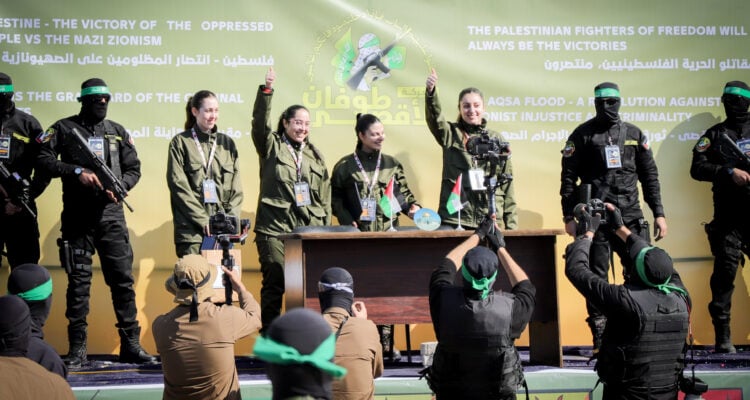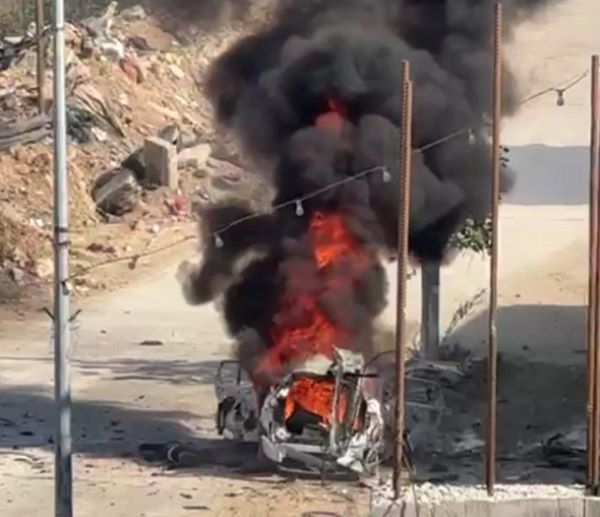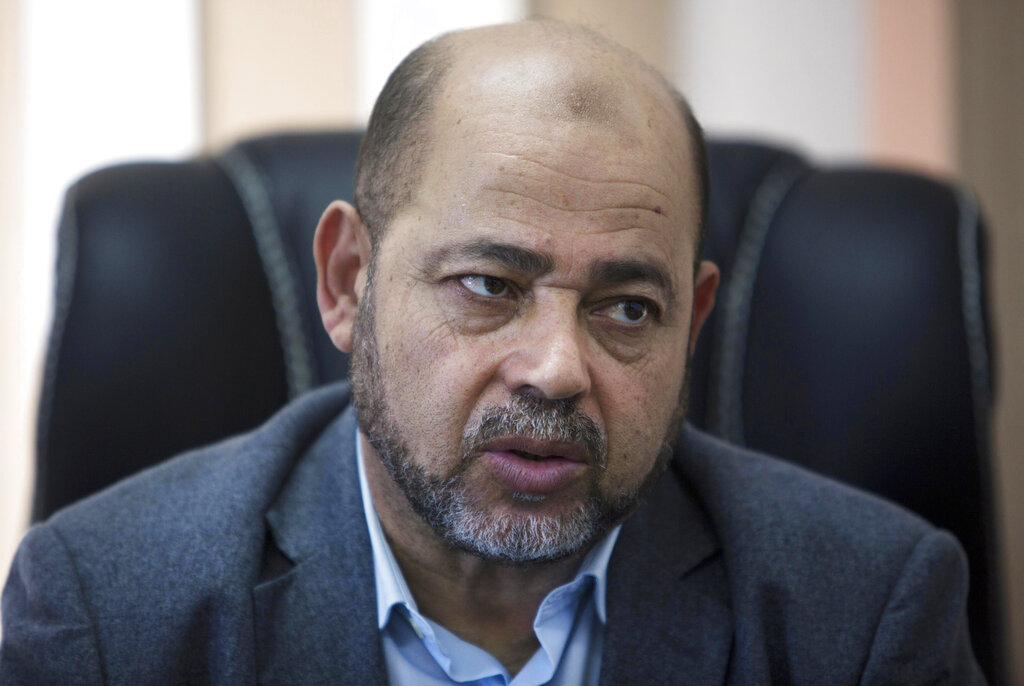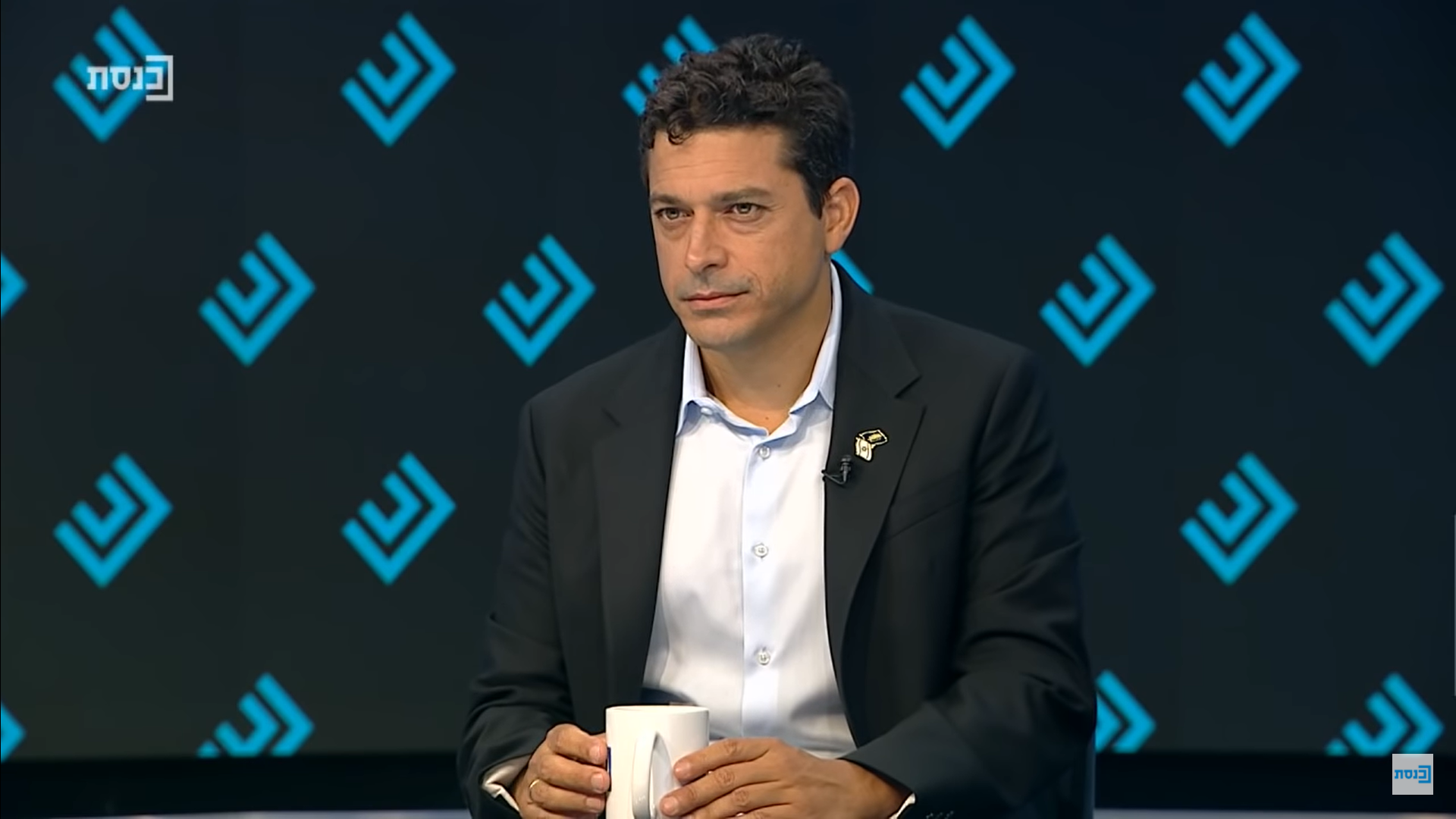ARTICLE AD BOX

Al-Qassam Brigades, the military wing of Hamas, hand over four Israeli hostages to the Red Cross in Palestine Square, in Gaza City. (Photo by Khalil Kahlout/Flash90)
(Photo by Khalil Kahlout/Flash90)
Hamas altered appearance of hostages before they were released – report
The terror group used ‘accelerated rehabilitation’ methods on them to create the impression they had been treated better than they actually were.
By Vered Weiss, World Israel News
Hamas reportedly altered the appearance of hostages before their release, according to a report by N12.
Although the hostages reported receiving very little food and water during their 477 days of captivity, they appeared alert and well. This was because the terror group used “accelerated rehabilitation” methods on them to create the impression they had been treated better than they actually were.
These methods included providing the soon-to-be-released hostages with nutritious food and stimulants before handing them over to the Red Cross.
This practice came to light through the accounts of the hostages upon their return to Israel.
On Saturday, Karina Ariev, Liri Albag, Daniella Gilboa, and Naama Levy were released from Hamas captivity.
Hostages released last week, including Emily Damari, Romi Gonen, and Doron Steinbrecher, were taken to Sheba Medical Center after a week of medical checks and treatment.
Some family members commented that their loved ones looked better than expected, but the testimonies of the hostages tell a different story.
According to their reports, the hostages were forced to drink seawater and were given only bread and rice to eat.
The four women released on Saturday explained that early in their captivity, they were cared for by an elderly hostage who ensured they could shower and had food.
The hostages said they were forced to cook and clean for Gazan families and to look after their children.
They revealed that the elderly hostage was later killed in Gaza.
The released hostages said they were moved frequently and kept in civilian homes and Gaza tunnels, often in unsanitary conditions.
Their Hamas captors also moved them around Gaza City and disguised them as Arab women.
The freed hostages said they appeared on Arab media, including Al Jazeera, and learned about the hostage releases in November.
One of them mentioned hearing her family send birthday greetings on the radio.
They said their Hamas captors told them about events of the war in Gaza, including the collapse of a building in December that killed 21 soldiers.
The hostages reported that their captors often treated them with contempt, mockingly referring to them as “the soldiers.”

 16 hours ago
10
16 hours ago
10









 English (US) ·
English (US) ·